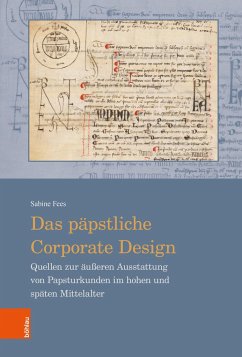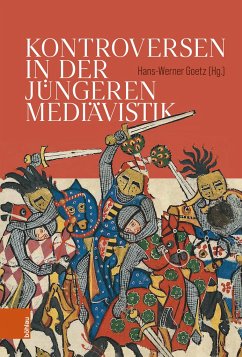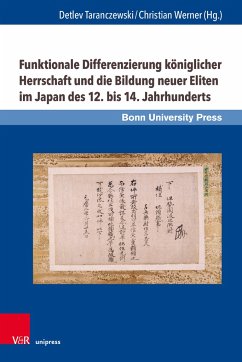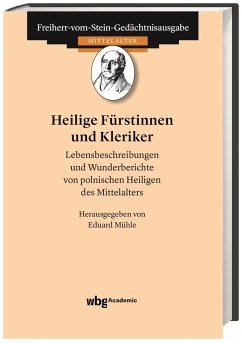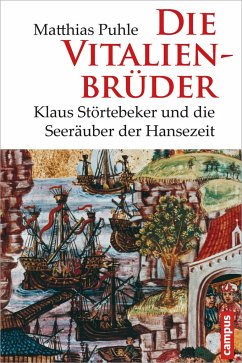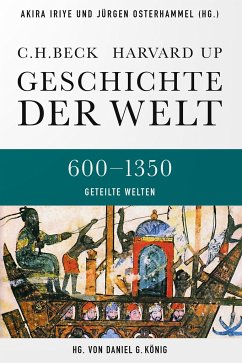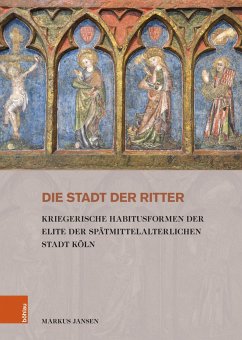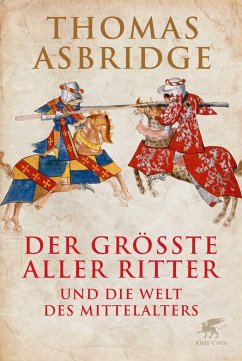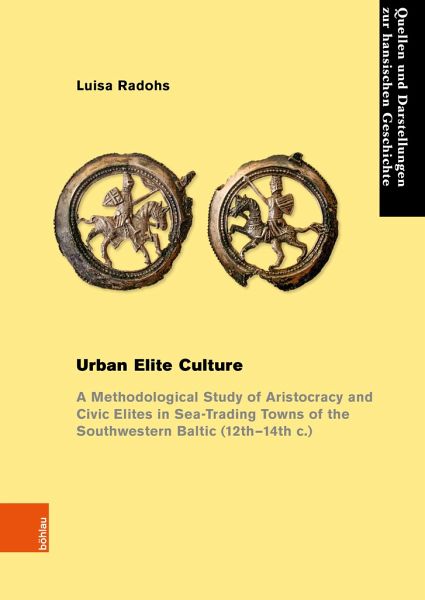
Urban Elite Culture
A Methodological Study of Aristocracy and Civic Elites in Sea-Trading Towns of the Southwestern Baltic (12th-14th c.)

PAYBACK Punkte
0 °P sammeln!
Medieval towns were vibrant and complex social environments where diverse groups and lifestyles encountered and influenced each other. Surprisingly, in the study of urban archaeology, the aristocracy, one of the leading and most influential groups in medieval society, has so far been neglected. This book puts "aristocracy in towns" on the archaeological research agenda. The interdisciplinary and comparative study explores the significance and representation of aristocrats and their interaction with civic elites in sea-trading towns of the southwestern Baltic from the 12th to the 14th centuries...
Medieval towns were vibrant and complex social environments where diverse groups and lifestyles encountered and influenced each other. Surprisingly, in the study of urban archaeology, the aristocracy, one of the leading and most influential groups in medieval society, has so far been neglected. This book puts "aristocracy in towns" on the archaeological research agenda. The interdisciplinary and comparative study explores the significance and representation of aristocrats and their interaction with civic elites in sea-trading towns of the southwestern Baltic from the 12th to the 14th centuries. Essentially, however, the analysis of urban elite culture leads to discussion of a much more fundamental issue: the informative value of material culture for the investigation of social conditions. The book provides new archaeological approaches to the study of social differentiation in towns, and contributes to a deeper understanding of the complexity of urban social structures.




